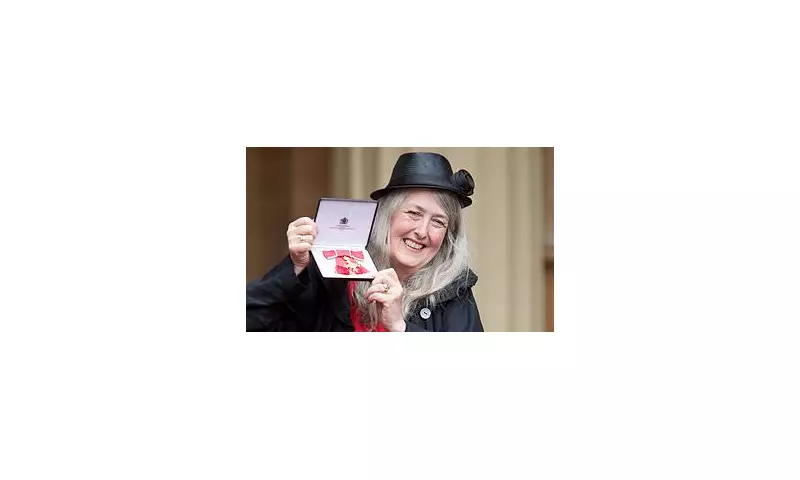
In a striking challenge to academic traditionalism, Cambridge University's eminent classics professor Dame Mary Beard has argued that the institution would benefit from admitting more students like 'thicko rugby players' alongside its high-achieving academics.
The celebrated scholar made her controversial comments during a discussion about university access, suggesting that diverse forms of intelligence and different skill sets deserve greater recognition in higher education admissions.
Questioning Academic Elitism
Professor Beard, a fellow of Newnham College known for both her scholarly work and public engagement, directly confronted what she described as the 'intellectual snobbery' that often dominates conversations about university standards.
'We need to recognise that being clever comes in many different forms,' she asserted, pushing back against the notion that intellectual worth should be measured solely by examination results or traditional academic metrics.
The Value of Different Strengths
While acknowledging that her comments might prove controversial within academic circles, Beard stood by her position that universities should value the distinctive qualities that different students bring to campus life.
'Someone who might struggle with parsing Latin verbs could possess extraordinary strategic thinking, teamwork skills, or practical intelligence that we should value just as highly,' she explained, using rugby players as an example of individuals who develop sophisticated cognitive abilities through their sport.
Broader Implications for University Access
The professor's intervention comes amid ongoing debates about widening participation at elite universities and re-evaluating what constitutes 'merit' in educational contexts.
Beard's comments suggest a more radical approach to diversity - one that encompasses not just socioeconomic background or ethnicity, but different types of minds and capabilities.
Her perspective challenges the assumption that lowering academic standards necessarily follows from broadening admission criteria, proposing instead that we expand our understanding of intelligence itself.





